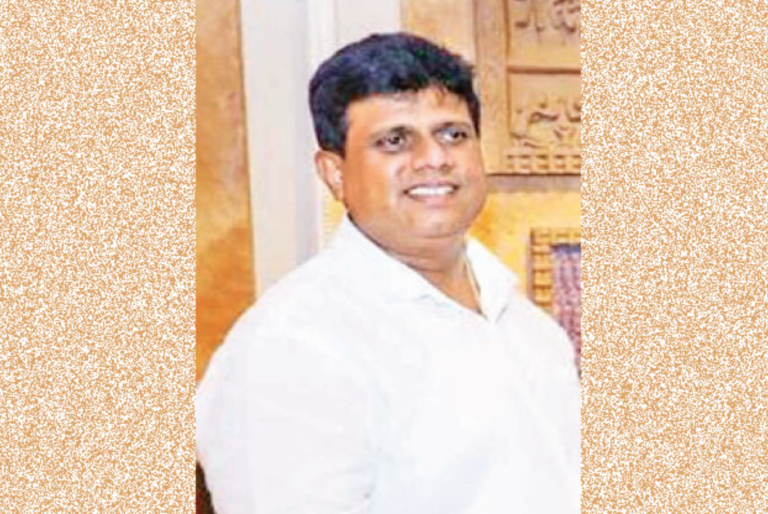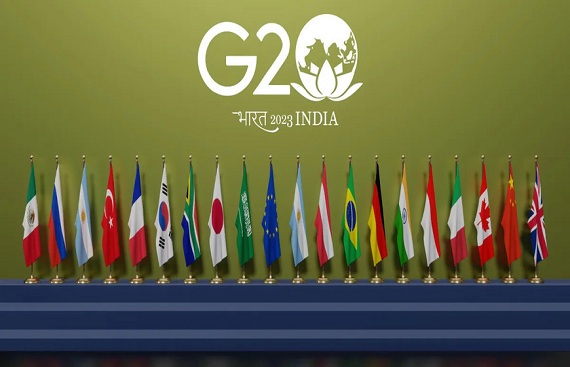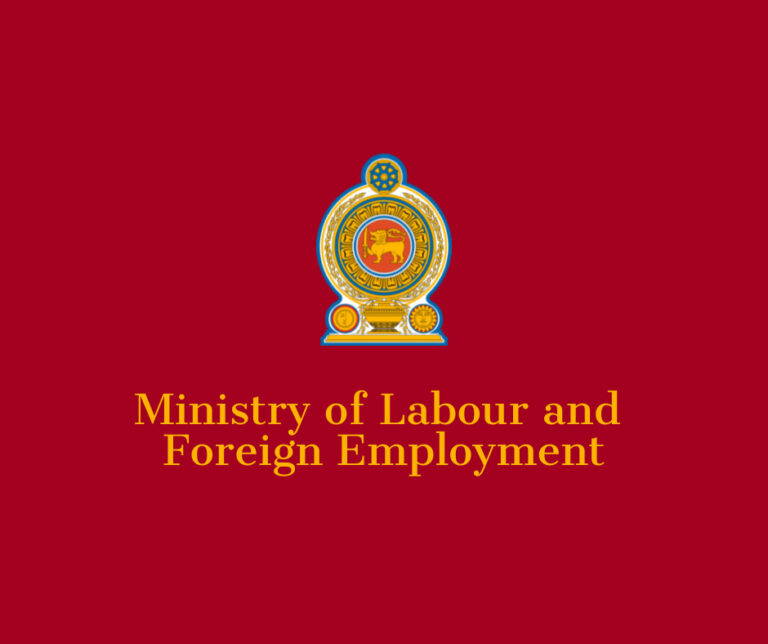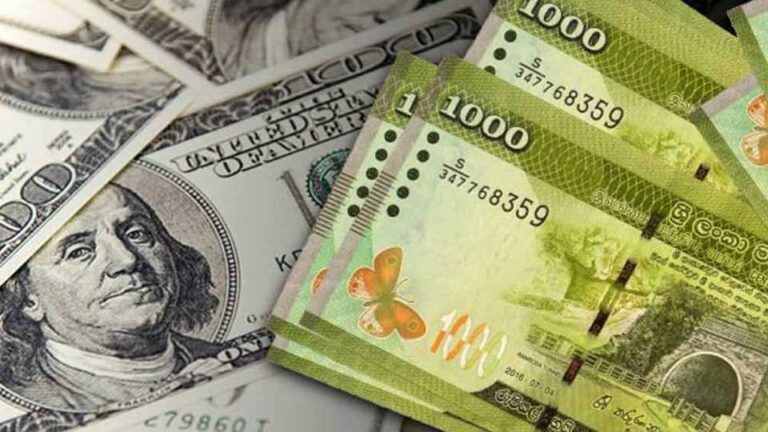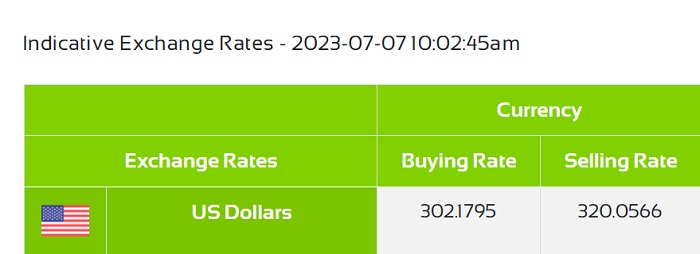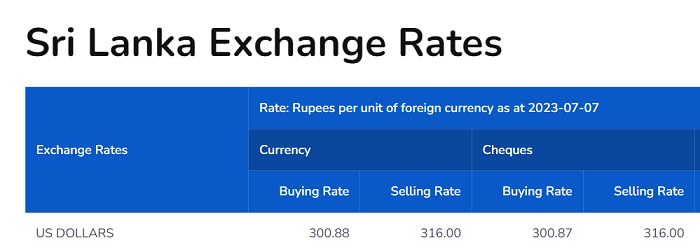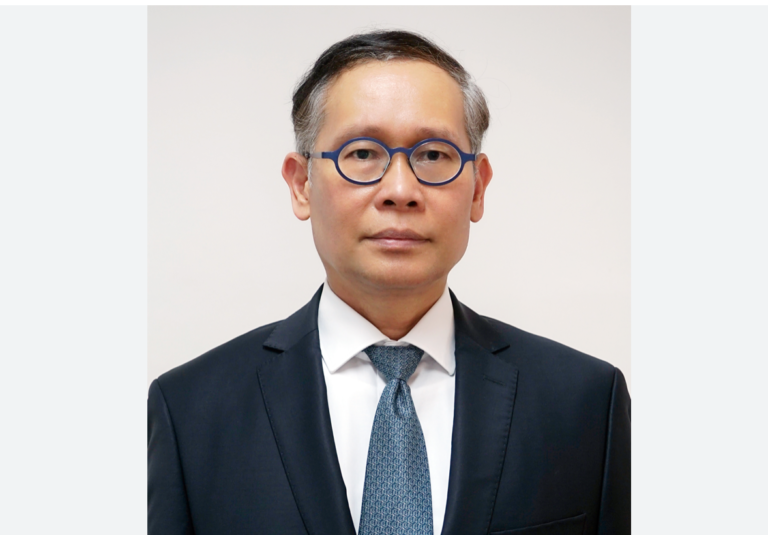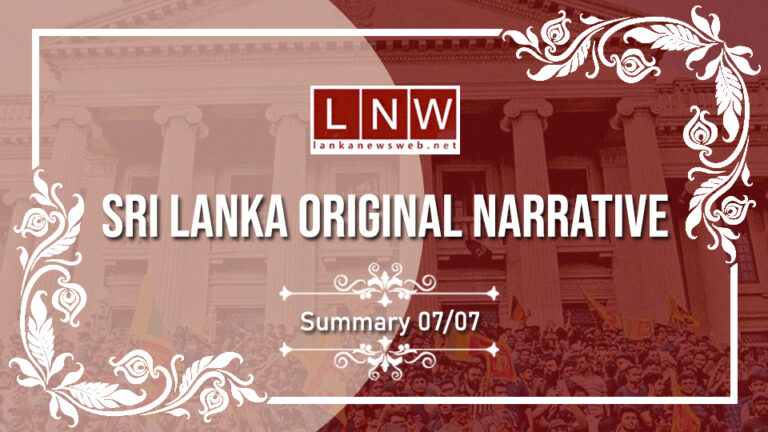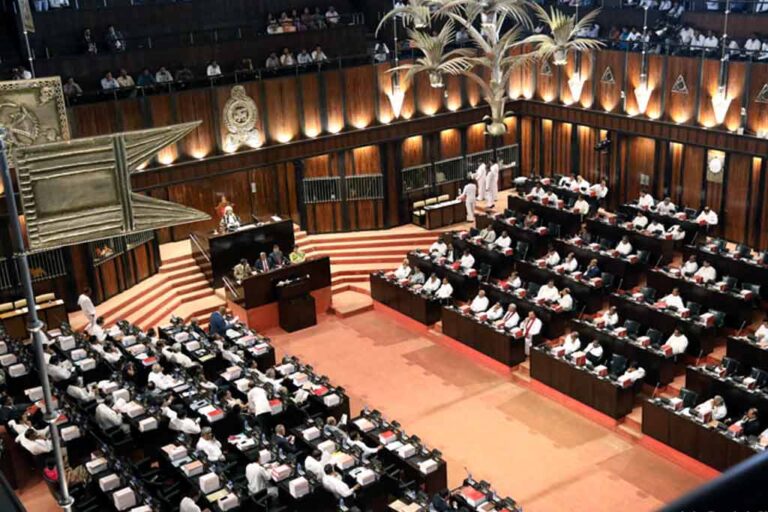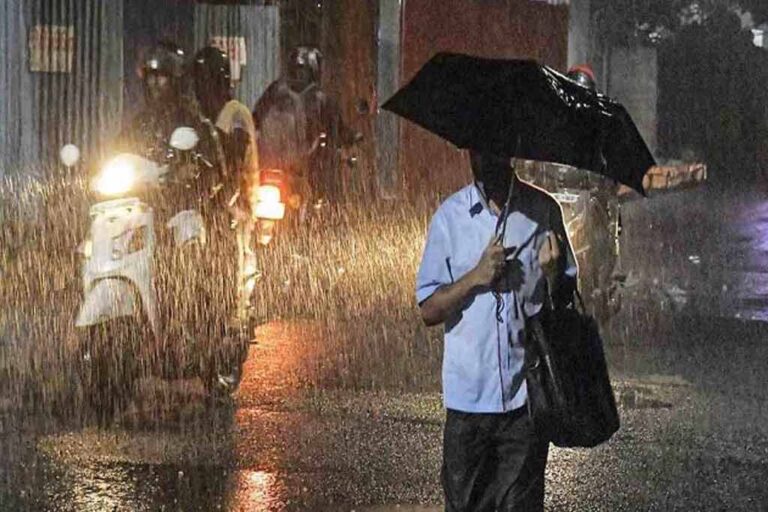Pradeep Nilanga Dela, the Diyawadana Nilame of Sri Dalada Maligawa, vehemently dismissed false news circulating on social media regarding the alleged disappearance of Tusker Thai Raja, a revered elephant donated by Thailand to the temple in Kandy and presently housed at the Suduhumpola Temple.
In response to the baseless rumors, the Diyawadana Nilame clarified that the elephant, which has been in musth for the past two months, is securely kept at the Suduhumpola temple premises. He emphasized that an elephant in such a state cannot be transported by vehicle or on foot, a fact that animal welfare organizations and activists spreading false information on social media should recognize.
The Diyawadana Nilame also highlighted that the Ambassador of Thailand, during a recent visit to Kandy, explicitly stated that the Thai Government has not made any decisions to reclaim the elephants they donated to the Sri Lankan government, even after the return of Tusker Muthu Raja to Thailand. He denounced certain animal rights organizations for spreading completely false rumors on social media.
While acknowledging that there may be isolated instances of improper treatment, the Diyawadana Nilame affirmed that overall, Sri Lankan owners of tame elephants take excellent care of them. He expressed deep disappointment in international NGOs disseminating false news that tame elephants in Sri Lanka suffer from harassment and abuse, emphasizing that such claims do not reflect the reality of the situation.
Furthermore, the Diyawadana Nilame underscored his strong opposition to the spreading of false rumors as part of an international mudslinging campaign by certain NGOs, urging them to verify facts before making unfounded accusations. He concluded by stating that the current population of tame tuskers and elephants in Sri Lanka is less than 100, highlighting the significance of preserving and protecting these majestic creatures.

